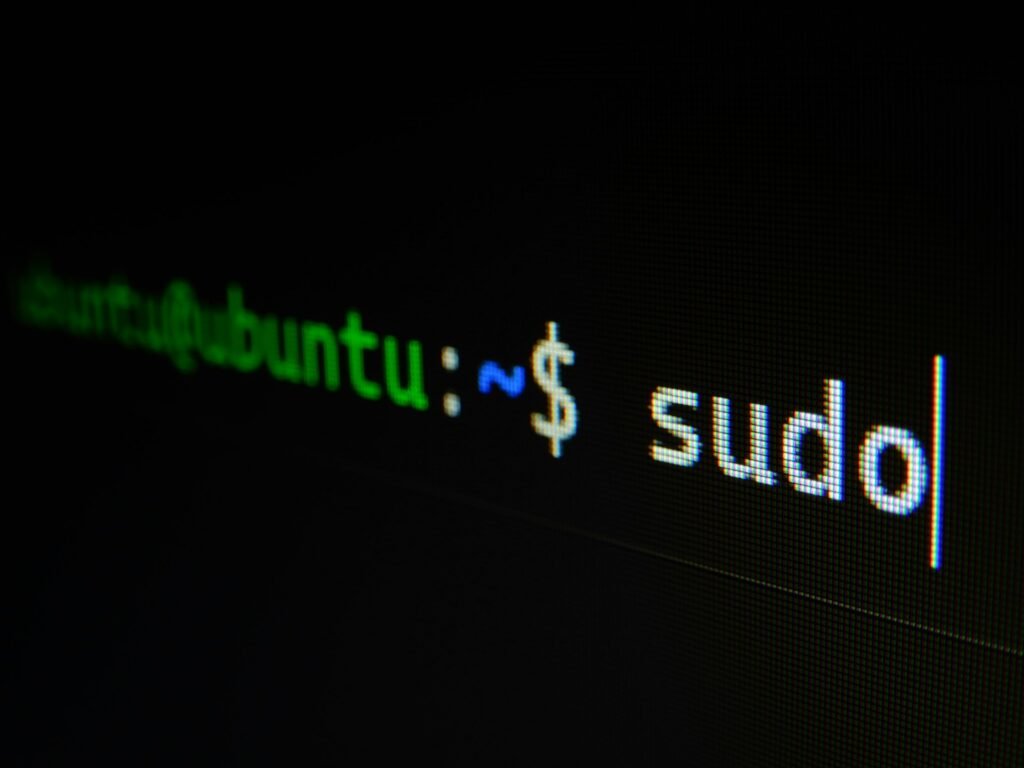Operating systems (OS) serve as the backbone of modern computing, facilitating communication between hardware and software components. From personal computers to smartphones, operating system’s play a crucial role in managing resources and providing a user-friendly interface.
What is an Operating System?
An operating system is a software that acts as an intermediary between users and computer hardware. It manages hardware resources, provides essential services to applications, and enables users to interact with the computer.
Importance of Operating Systems
Operating systems are essential for the functioning of computers and electronic devices. They ensure efficient utilization of resources, manage software applications, and provide a platform for user interaction.
Types of Operating Systems
Operating systems come in various types, tailored for different computing environments and devices.
Single-tasking vs. multi-tasking operating system’s
Single-tasking operating system’s can execute only one task at a time, while multi-tasking operating systems allow multiple tasks to run concurrently, improving productivity and efficiency.
Desktop vs. mobile operating system’s
Desktop operating systems, such as Windows and macOS, are designed for traditional personal computers, while mobile operating system’s like Android and iOS are optimized for smartphones and tablets, offering mobility and connectivity features.
Evolution of Operating Systems
Operating system’s have evolved significantly over the years, adapting to changing technological landscapes and user needs.
Early operating system’s
Early operating system’s, such as MS-DOS and Unix, were command-line based and lacked graphical user interfaces. They primarily focused on basic file management and process execution.
Modern operating systems
Modern operating systems, like Windows 10, macOS Big Sur, and Linux distributions, feature intuitive graphical interfaces, advanced security measures, and support for multimedia applications.
Key Components of an Operating System
Operating system’s comprise several key components that work together to ensure smooth operation and efficient resource management.
Kernel
The kernel is the core component of an operating system, responsible for managing system resources, such as memory, CPU, and input/output devices.
User Interface
The user interface allows users to interact with the operating system and execute commands or run applications. It can be graphical or command-line based, depending on the OS.
File System
The file system organizes and stores data on storage devices, such as hard drives and solid-state drives, enabling users to access and manage files efficiently.
Device Drivers
Device drivers are software components that facilitate communication between the operating system and hardware devices, ensuring compatibility and optimal performance.
Popular Operating Systems
Several operating system’s dominate the computing landscape, each offering unique features and capabilities.
Windows
Developed by Microsoft, Windows is the most widely used desktop operating system, known for its user-friendly interface and extensive software compatibility.
macOS
macOS, developed by Apple Inc., powers Mac computers and is renowned for its sleek design, seamless integration with Apple devices, and robust security features.
Linux
Linux is an open-source operating system kernel used in various distributions (distros) like Ubuntu, Fedora, and Debian. It is favored by developers and enthusiasts for its flexibility, stability, and community support.
Android
Android, developed by Google, is the leading mobile operating system, powering a vast array of smartphones and tablets worldwide. It offers customization options, diverse app ecosystem, and seamless Google integration.
iOS
iOS is Apple’s mobile operating system, exclusively powering iPhones, iPads, and iPod Touch devices. It is known for its intuitive interface, optimized performance, and strict security measures.
Functions of Operating Systems
Operating systems perform various functions to ensure the efficient operation of computers and electronic devices.
Memory management
Operating systems manage system memory, allocating resources to running applications and optimizing memory usage to prevent crashes or slowdowns.
Process management
Operating system’s oversee the execution of processes, scheduling tasks, managing priorities, and ensuring fair resource allocation among running applications.
File management
Operating system’s facilitate file storage, retrieval, and manipulation, providing users with tools to organize, search, and secure their data.
Security
Operating systems implement security measures, such as user authentication, data encryption, and malware protection, to safeguard against unauthorized access and cyber threats.
The Role of Operating System’s in Computing
Operating system’s play a pivotal role in computing, providing essential services and enabling seamless interaction between users and hardware/software components.
Compatibility
Operating system’s ensure compatibility between software applications and hardware devices, allowing users to install and run diverse programs on their computers or devices.
Resource allocation
Operating system’s manage system resources efficiently, allocating CPU, memory, and storage space based on application requirements and user priorities.
User interaction
Operating systems provide user-friendly interfaces, such as graphical desktops or touch-based interfaces, enabling intuitive interaction and efficient task execution.
Challenges and Future Trends in Operating System’s
Operating system’s face various challenges and are subject to ongoing innovations and advancements in computing technology.
Security concerns
Security remains a significant challenge for operating systems, with cyber threats evolving rapidly and posing risks to data privacy and system integrity.
Virtualization
Virtualization technologies, such as containerization and virtual machines, are reshaping how operating system’s are deployed and managed, offering greater flexibility and resource utilization.
Internet of Things (IoT)
The proliferation of IoT devices presents new opportunities and challenges for operating systems, requiring support for diverse hardware architectures and efficient communication protocols.
Conclusion
Operating systems serve as the foundation of modern computing, enabling users to harness the power of hardware and software effectively. From desktops to smartphones, operating system’s play a vital role in facilitating communication, managing resources, and providing a seamless user experience.

